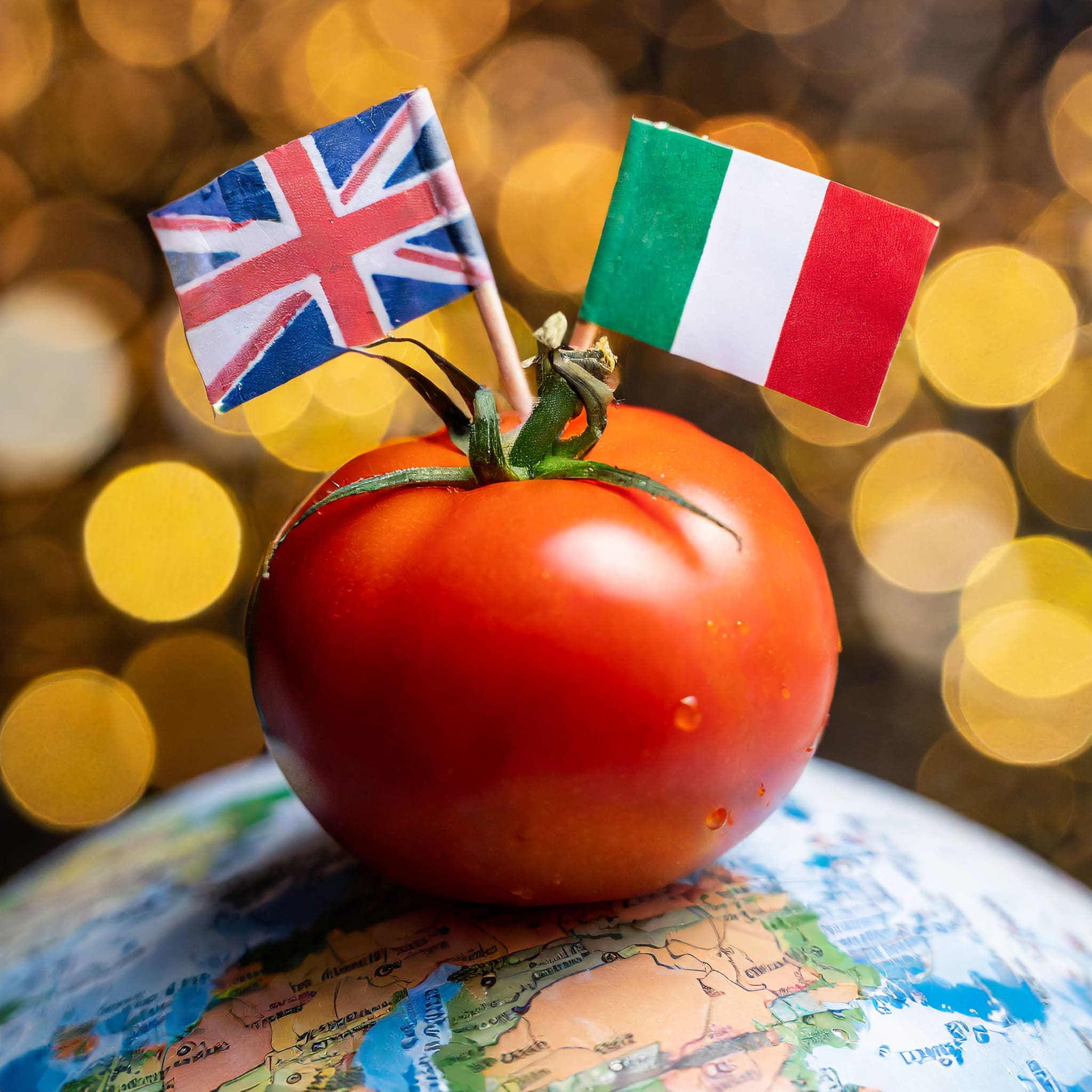Ah, the humble tomato! That luscious, juicy, fruit that pretends to be a vegetable. Its etymology is a tale of intrigue and linguistic confusion. So, where does the name Tomato come from?
You see, the word “Tomato” has quite a globetrotting history. It all started in Mesoamerica. The wild species originated in the Andes Mountains where the tomato plant originated. The Aztecs called it “tomatl,” which roughly translates to “the swelling fruit, fat water, or fat thing!”.
When European explorers like Christopher Columbus encountered the tomato in the late 15th century, they thought it was some strange, exotic fruit. And, because Columbus couldn’t resist bringing all kinds of goodies back to Europe, he brought the tomato with him. Now, the fun begins.
Europeans couldn’t make up their minds about this new, strange fruit. Some thought it was divine, while others were convinced it was the devil’s work. In fact, it was so controversial that in Italy, they initially called it “pomo d’oro,” which means “golden apple.” They were basically trying to class it up, making it sound like a fancy fruit because a lowly “vegetable” wouldn’t cut it.
But then, the French got involved. They dubbed it “pomme d’amour,” meaning “love apple.” They must have thought the tomato was the key to wooing their sweethearts. Picture this: French romantics whispering sweet nothings while seductively eating tomatoes. Ooh la la!
Meanwhile, in Spain, it was known as “tomate,” which is still close to the original Aztec “tomatl.” And here we have a delightful little twist in the story. English speakers, ever the linguistic opportunists, borrowed the word “tomate” from Spanish and gave it its English name, “tomato.”
So there you have it, the tomato’s etymology is a saucy mix of Aztec “tomatl,” Italian “golden apple,” French “love apple,” and Spanish “tomate.” It’s a true linguistic salad, proving that the tomato is the fruit (or vegetable?) that traveled the world and left a trail of confused linguists in its wake.
An interesting page I discovered when I wrote this article was this link that shows Countries by Tomato Production with surprising results. Go check it out.
https://en.wikipedia.org/wiki/List_of_countries_by_tomato_production

